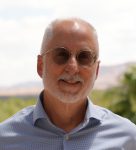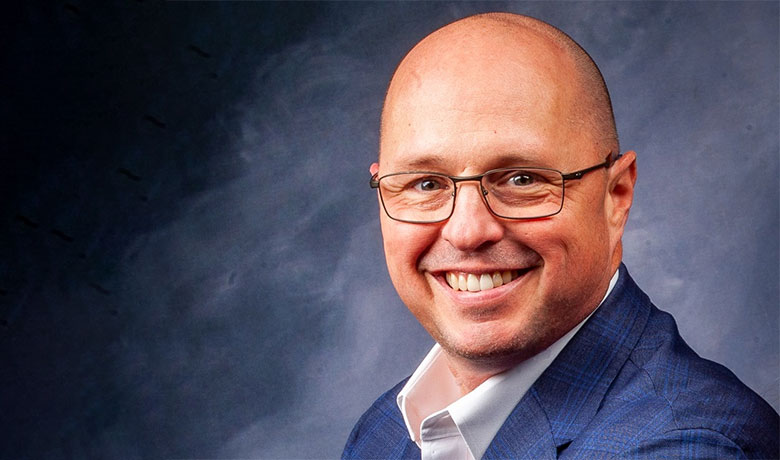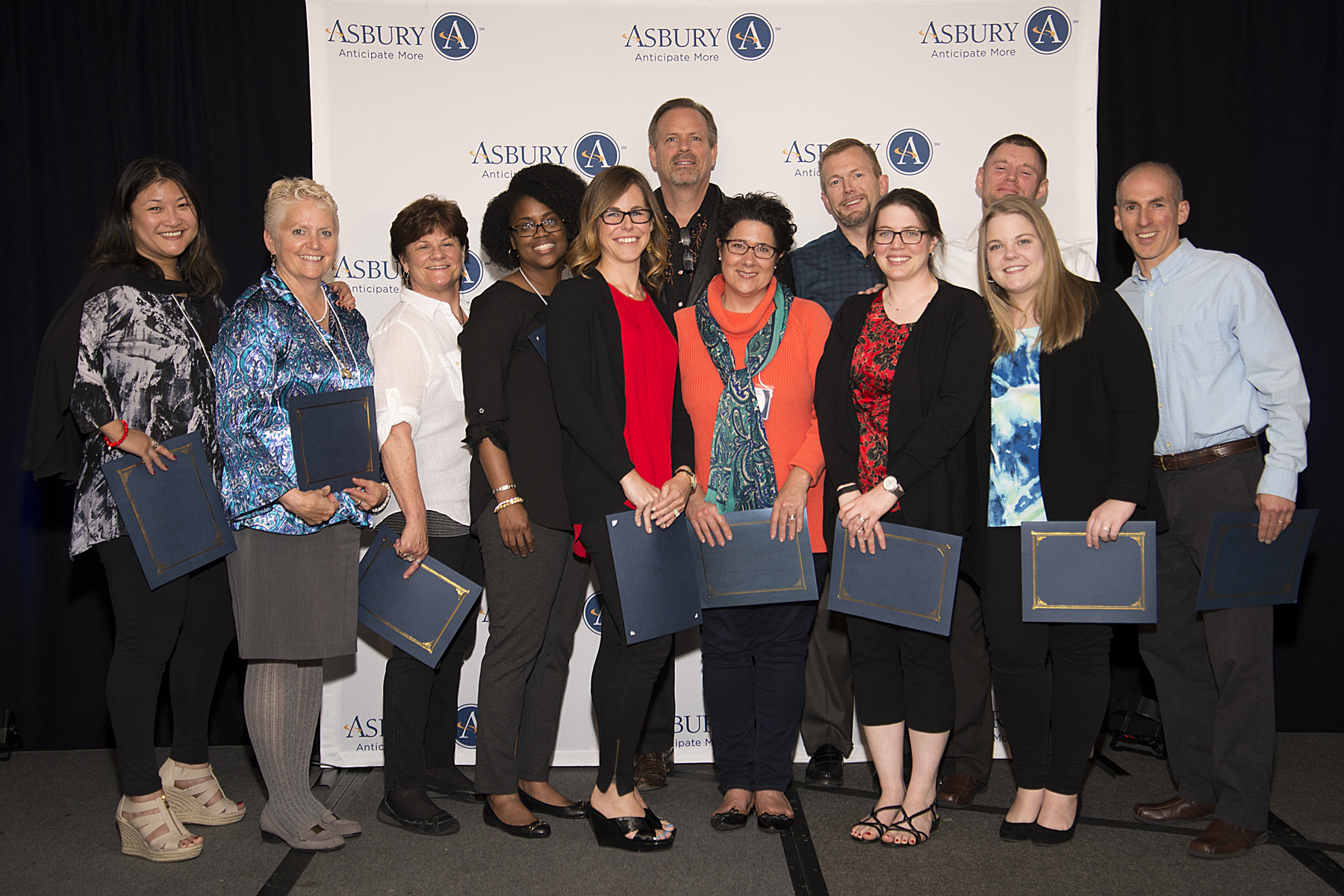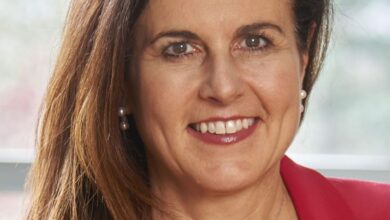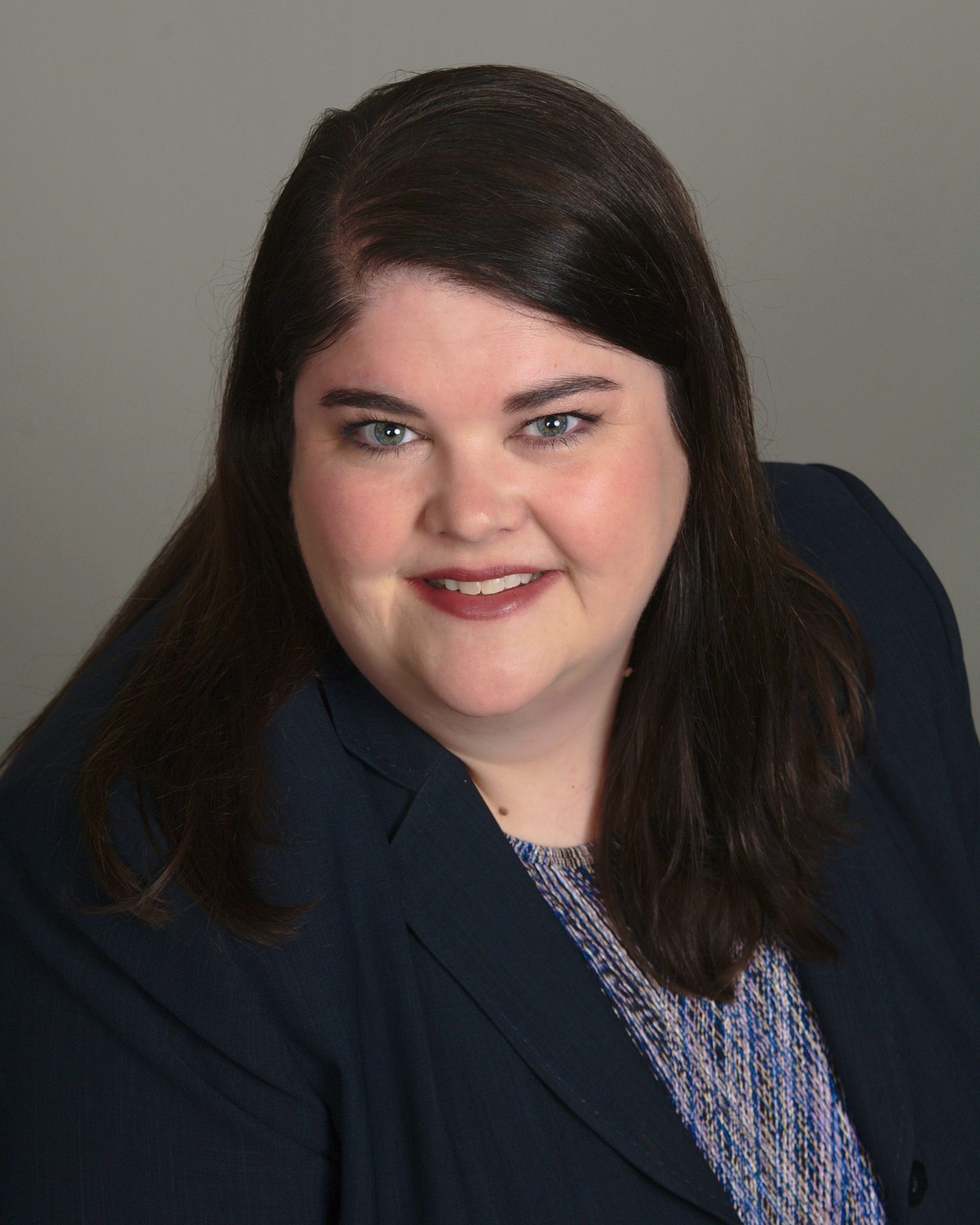The CEO Series: Esther Cromwell, Avendelle Assisted Living
By Jim Nelson | April 29, 2024
When Esther Cromwell was in her 20s, she saw a need and decided to fill it. Never mind that she had no idea how she was going to pull that off, she simply got to work figuring it out. And what she came up with was Avendelle Assisted Living, and because Avendelle was recently listed as a top-10 Senior Living Management Provider of 2023 by Elder Care Review magazine, Esther clearly did a great job of figuring out how to fill that need.
Co-founded in 2005 by Esther and her husband Douglas Cromwell, Avendelle Assisted Living now has 16 locations across North Carolina, and that number could grow at any time because Avendelle is always in the market for future franchises.
One difference at Avendelle is the smaller, more intimate setting it provides by housing its residents in converted residential homes, each with two staff members on site.
SENIOR LIVING NEWS: How did you come to start Avendelle Assisted Living?
ESTHER CROMWELL: My next-door neighbor had lost her husband, whom she was married to for 50-something years, and I just felt like, “I don’t even understand what she’s going through.” So, I befriended her and after work I would stop by her apartment, make sure she’s okay, has eaten. her house is clean, has groceries, and so on and so forth. I realized that that filled my soul. I would start getting excited coming from work and realizing, ‘I get to see her.’ And then she started forgetting who I was, which was a little troublesome. When you’re in your 20s you really don’t think about what happens when one gets older. That’s not part of your mental thoughts of focus. So, I was just kind of curious: Where do these people go? And that’s what perked my interest in trying to find out about the senior living industry. I got very interested and thought, ‘Well, maybe I should open up one.’ I did not know what I was going to do, how I was going to do it. It took me a couple of years to actually get one opened, and then I opened up a second and a third in the next three years, and I just kept it at that for a long time.
Then my residents started getting older, and in North Carolina the residential assisted-living homes are all licensed for ambulatory residents, meaning that they can evacuate without assistance. But because my residents were getting older, we couldn’t continue to care for them and I was kind of concerned because I wanted to be in compliance, but did not know what to do so I contacted the state and asked, ‘What do we do?’ They were very reluctant in giving me information, but I was very persistent, and they told me that I needed to put in a sprinkler system. It took us about a year to get one done because no one had actually done it before; the town where we are, they did not know who was going to inspect it — the building or the fire inspector. But we were able to get it completed and we submitted our application to the state, and we were granted a non-ambulatory status. Because of that, it created a whole new industry where we are able to take care of more residents with high acuity needs and they can stay and age in place until end of life. Before that we weren’t allowed to. So that opened up a whole new avenue of residents that we could care for. The demand was so much we started franchising, and here we are, 16 locations and growing.
SLN: What was your job before you opened up the first one?
EC: I was working for the state as an account payable person.
SLN: So, you had zero experience with anything like this when you opened your first home.
EC: I had zero. You start thinking about, ‘What’s out there?’ and you start taking it one step at a time. It was a lot of work, but at that time I felt like this was what I was meant to do. I didn’t have the money, so while I was fiddling around with this idea in my head I went and got all my certifications that I needed. And one of my coworkers when I was working for the state said to me, ‘I had always wanted to get into the real estate business, buying a home and renting it out. How about I buy a home and rent it out to you?’ And I thought, ‘Oh, great idea.’ And that’s how that all started.
SLN: Tell us about some of the programs at Avendelle.
EC: We have LifeLoop, a program for senior living. You can travel the world, you can play games, you can play music — whatever it is that you want, it’s on there. We utilize that a lot with our residents, but at Avendelle we really focus on engagement. Because we can take care of residents from assisted-living to end of life, in a six-resident home you may find a wide array of needs. What happens after 10 o’clock, after our daily exercise, we just don’t let them go sit down and wait for the world to come by or wait for the next activity. We engage with them; if you’re cooking, if you are watching TV, something comes on TV, we talk about the differences and what they have today versus their times. You can come up with a million different things. So, even though we have a lot of activities, so to speak, we also have a lot of engagement.
SLN: How much programming are you doing?
EC: I would say two hours a day. We also do have a geriatric exercise person that comes into the homes, so we do our exercises and music and all that stuff, and then we get ready for lunch. After lunch we put in a movie or have something else going on, and then after that we do another activity and then we start getting ready for dinner. After dinner we usually put on the news and Jeopardy, the Wheel of Fortune, the usual, and then it’s bedtime.
SLN: What other programs do you have at Avendelle that feel really successful?
EC: I wouldn’t necessarily call it a program as it is a concept of having family interactions and involvement in what we do. Because we are a smaller setting, our families become part of an extension of what we do. For instance, my Italian lady, her daughter would come every Tuesday and we would have an Italian meal that she would prepare. We have this big island at the homes, and she’ll be cooking it like you would see something on The Food Channel. We have other family members come in, and we have our Italian music going on. Or you have another family member that would come in and say, “We’re going to decorate cupcakes.” There’s so much family involvement, and I think that in a bigger setting you really don’t get back as much as we do in a smaller setting because we’re so connected with our families and a lot of our former families — their loved ones have passed away — still sometimes come out and want to volunteer and do things for us.
SLN: What’s the typical number of people who live in each of your communities?
EC: Six. They’re small communities.
SLN: And what type of care do you offer?
EC: Our model of care is a cross between assisted living, memory care, and some skilled nursing. Residents come in, usually, when they need more care than the traditional assisted-living facility can provide, and they stay and age with us until end-of-life. Before Avendelle, you go to the large setting and when you need more help you go to a nursing home. There wasn’t an in-between to bridge the two, so that’s where we come in.
